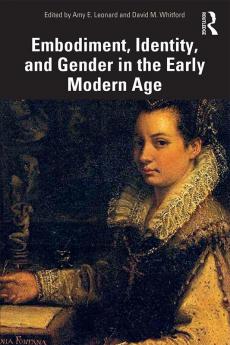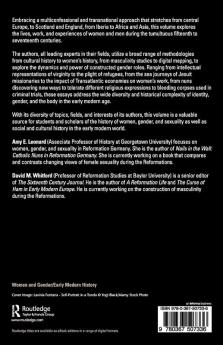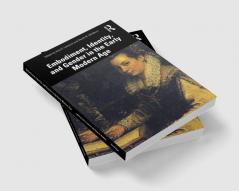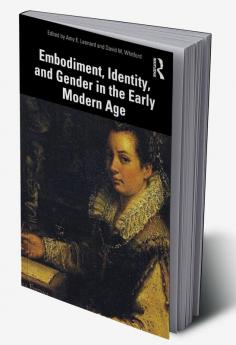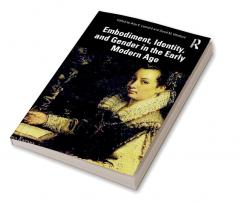by
English
Paperback
₹3434
₹4976
30.99% OFF
(All inclusive*)
Delivery Options
Please enter pincode to check delivery time.
*COD & Shipping Charges may apply on certain items.
Review final details at checkout.
Looking to place a bulk order? SUBMIT DETAILS
About The Book
Description
Author(s)
<p>Embracing a multiconfessional and transnational approach that stretches from central Europe to Scotland and England from Iberia to Africa and Asia this volume explores the lives work and experiences of women and men during the tumultuous fifteenth to seventeenth centuries.</p><p>The authors all leading experts in their fields utilize a broad range of methodologies from cultural history to women’s history from masculinity studies to digital mapping to explore the dynamics and power of constructed gender roles. Ranging from intellectual representations of virginity to the plight of refugees from the sea journeys of Jesuit missionaries to the impact of Transatlantic economies on women’s work from nuns discovering new ways to tolerate different religious expressions to bleeding corpses used in criminal trials these essays address the wide diversity and historical complexity of identity gender and the body in the early modern age.</p><p>With its diversity of topics fields and interests of its authors this volume is a valuable source for students and scholars of the history of women gender and sexuality as well as social and cultural history in the early modern world. </p>
Delivery Options
Please enter pincode to check delivery time.
*COD & Shipping Charges may apply on certain items.
Review final details at checkout.
Details
ISBN 13
9780367507336
Publication Date
-31-12-2020
Pages
-272
Weight
-391 grams
Dimensions
-156x234x14.57 mm



